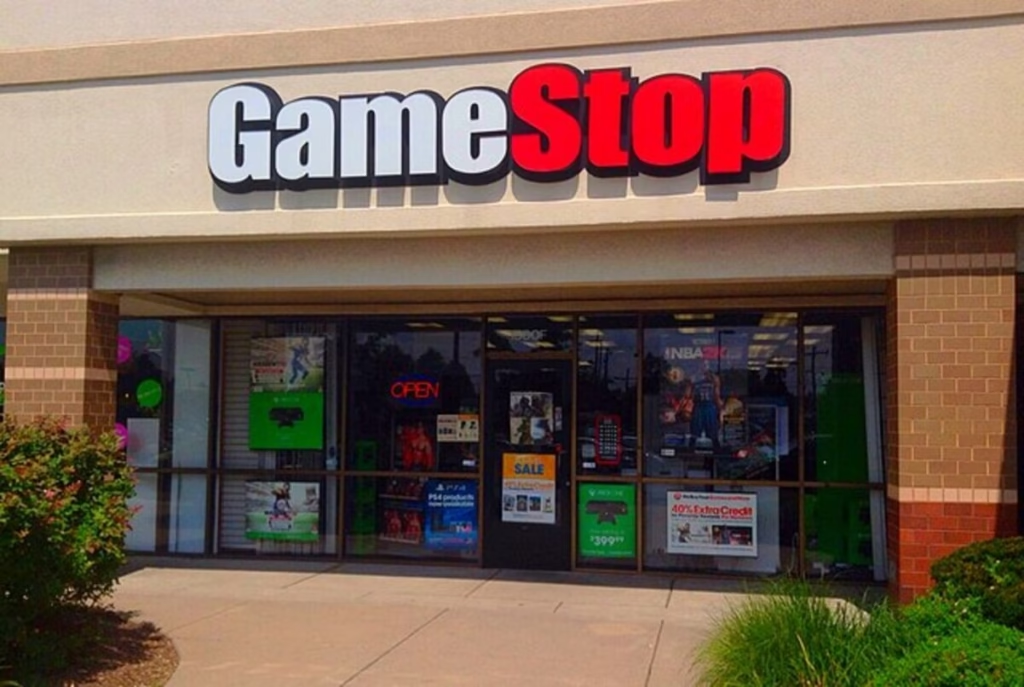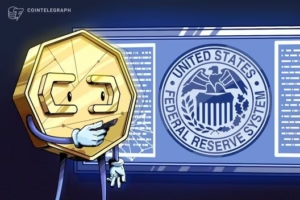In a significant pivot towards modern finance, GameStop Corp. (NYSE: GME) has officially updated its investment policy to include Bitcoin as a treasury reserve asset. This decision marks a new chapter for the company and signals its commitment to exploring innovative financial strategies. The board of directors unanimously supported this change, leveraging insights and consultations from leading figures such as Ryan Cohen, the company’s Chairman and CEO, and Michael Saylor, a noted Bitcoin advocate.
During a recent announcement, GameStop did not specify the amount of Bitcoin it plans to acquire, leaving investors and analysts curious about the company’s strategic approach to this cryptocurrency. The inclusion of Bitcoin in their financial portfolio reflects a broader trend among corporations to diversify their assets amid changing market conditions.
This policy update follows a series of interactions Cohen had with key players in the cryptocurrency landscape. Notably, a meeting held on February 8 between Cohen and Michael Saylor raised speculation about GameStop’s potential entry into the Bitcoin market. Subsequently, Cohen acknowledged a letter from Matt Cole, CEO of Strive Asset Management, who encouraged GameStop to adopt Bitcoin as part of its treasury strategy. You can see his tweet confirming the receipt of this correspondence, indicating a responsive dialogue about this strategic shift.
In their official statement, GameStop clarified that the new investment policy allows for investments in “certain cryptocurrency assets, including Bitcoin and U.S. dollar-denominated stablecoins.” However, they also cautioned about the risks associated with cryptocurrency investments, stressing the importance of maintaining financial controls and being aware of the potential impacts on their financial results.
The announcement coincided with the release of GameStop’s financial results for the fourth quarter and the entire fiscal year ending on February 1, 2025. GameStop reported a net sales figure of $1.283 billion for the fourth quarter, marking a decline from $1.794 billion year-over-year. Despite reduced sales, the company experienced a notable increase in net income, reporting $131.3 million, up from $63.1 million the previous year. Adjusted EBITDA also rose to $96.5 million compared to $88.0 million in the prior year’s fourth quarter.
The company’s total cash holdings, which stand at approximately $4.775 billion, provide a solid foundation for the potential investment in Bitcoin. GameStop also completed its exit from Italy and concluded the wind-down operations in Germany during this financial period, a move that aims to streamline their operations as they refocus their business strategy.
For the full fiscal year 2024, GameStop’s net sales totaled $3.823 billion, down from $5.273 billion in fiscal year 2023. However, significant improvements in net income and a reduction in selling, general, and administrative expenses signal a more controlled operational approach. The CEO, Ryan Cohen, has yet to comment further on the Bitcoin acquisition specifics, leaving many to speculate about GameStop’s future moves in this rapidly evolving landscape.



